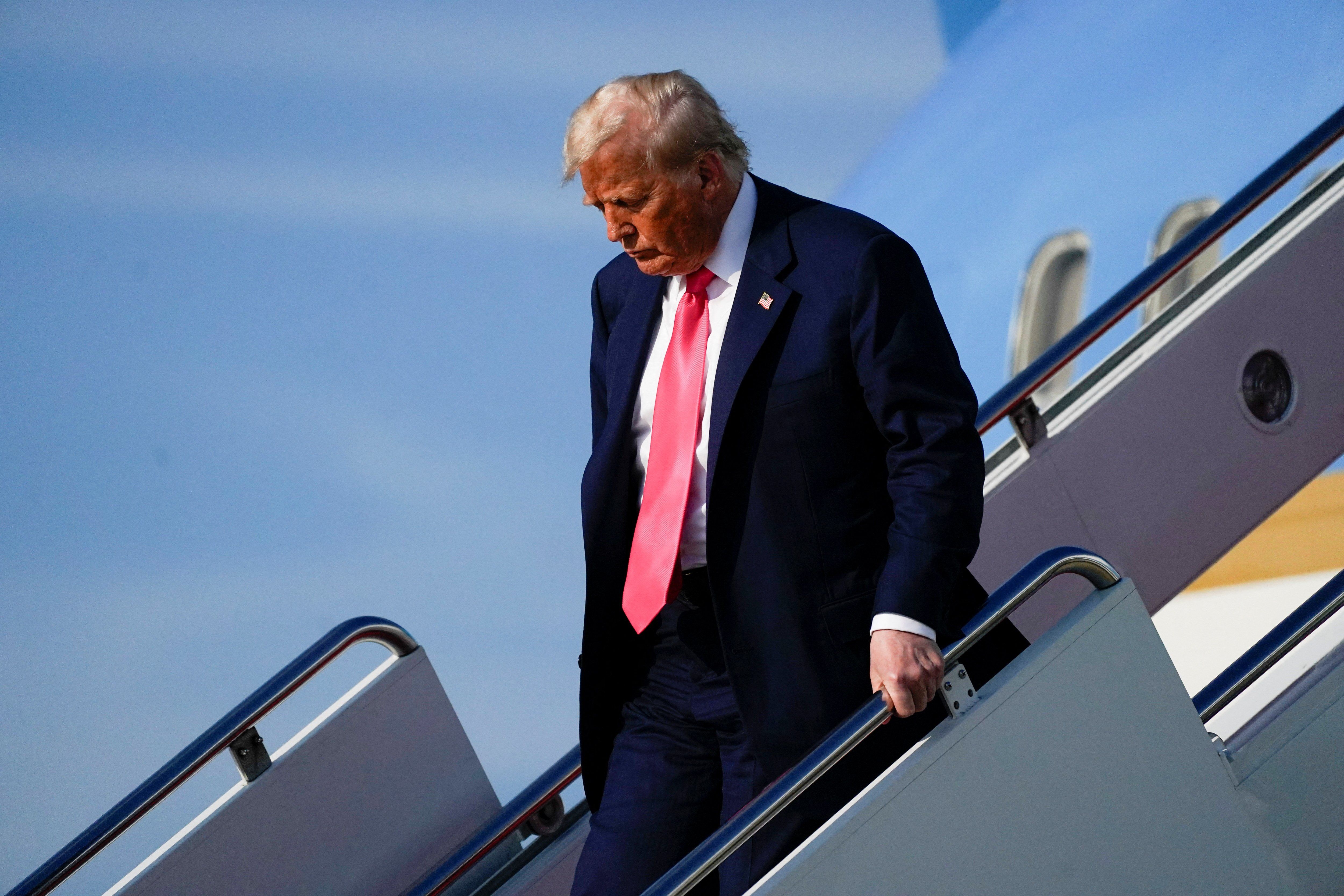The Washington Post editorial board slammed President Donald Trump on Tuesday for his escalating attacks against Federal Reserve Chairman Jerome Powell — whom he originally appointed — for not following his demands to lower interest rates as inflation begins to tick back up again.
"For months, Trump has demanded that the Fed lower interest rates, with no success," wrote the board. "Now, the administration’s attacks on Chair Jerome H. Powell are escalating: White House budget adviser Russell Vought blasted Powell on social media for 'grossly' mismanaging the Fed, and Federal Housing Finance Agency Director William J. Pulte accused him of lying under oath during recent congressional testimony. And on Monday, Trump called Powell 'a knucklehead' and a 'stupid guy' who is costing the United States a significant amount of money."
These attacks could have far worse implications than seem obvious at first, the board warned, by destabilizing the Fed's independence — and with it, the stability of the monetary system itself.
If Trump tried to fire Powell, which isn't legal, "immediate disaster might result," the board warned.
"Investors might lose confidence in the Fed’s ability to make politically tough but economically necessary decisions. Investors might abandon U.S. assets, bond markets might go haywire, and the dollar might plummet." However, the board continued, even if Powell keeps his job, Trump "has signaled that Powell’s successor must be willing to cut rates to get the job, which means that markets will perceive any nominee — whether Scott Bessent, Kevin Warsh, Kevin Hassett or someone else — as pre-politicized."
That would mean, the board continued, that any rate cut under a new chair, even one far below what Trump is demanding, would cause investors to "immediately assume that the cut was a product of political pressure, not economic data, and start to worry that the Fed would not be tough enough to fight inflation if it ticked up again. Investors might anticipate a higher steady state of inflation — at 3 or 4 percent, for example, rather than the Fed’s 2 percent target."
This would not only drive prices up further, but actually raise the cost of borrowing — the opposite of Trump's goal — because investors will "demand higher yields on long-term bonds to make up for the chance of future inflation eating into their returns." Turkey went through a similar crisis recently, slashing interest rates 5 points for political reasons, only for Turkish bond yields to jump from 14 to 23 percent and interest on loans to skyrocket in price.
"If the next chair pledges allegiance to Trump’s economic preferences, future presidents might demand the same loyalty of their appointees, too," the board warned. "A permanent loss of Federal Reserve credibility would not just be a problem for rich investors; American families would also feel the pain."
